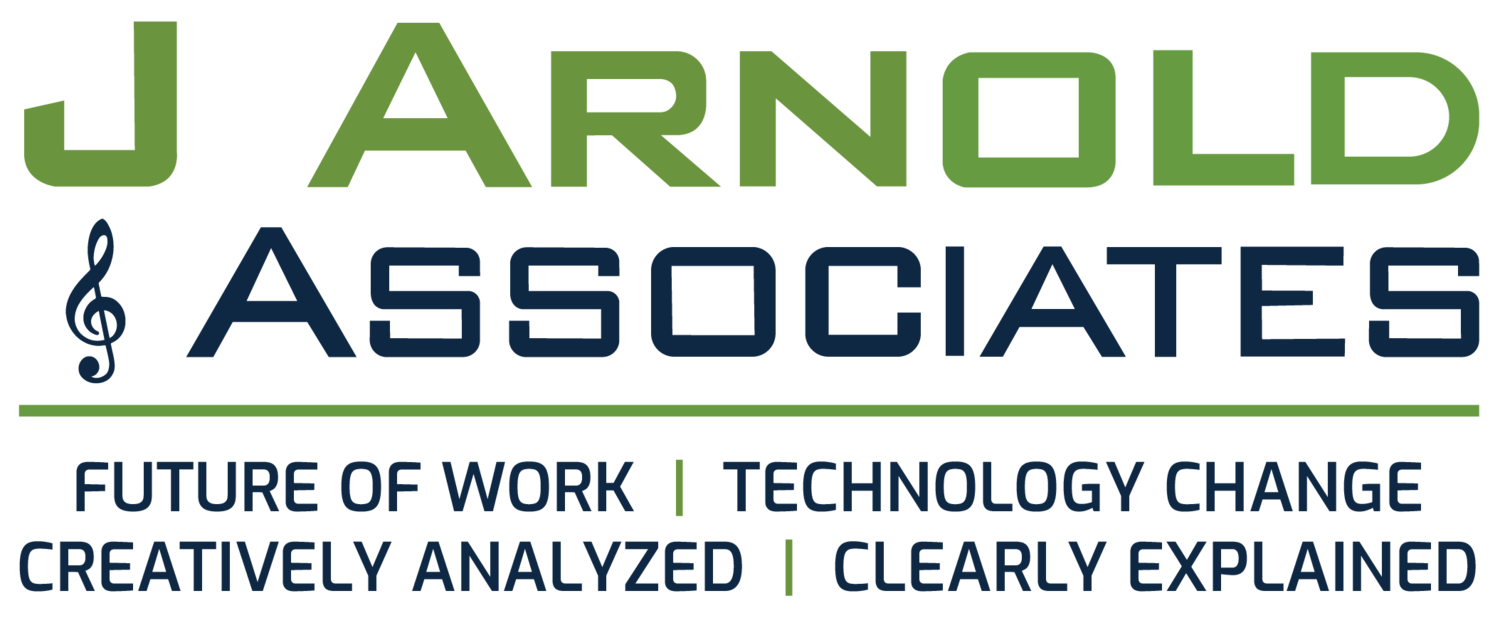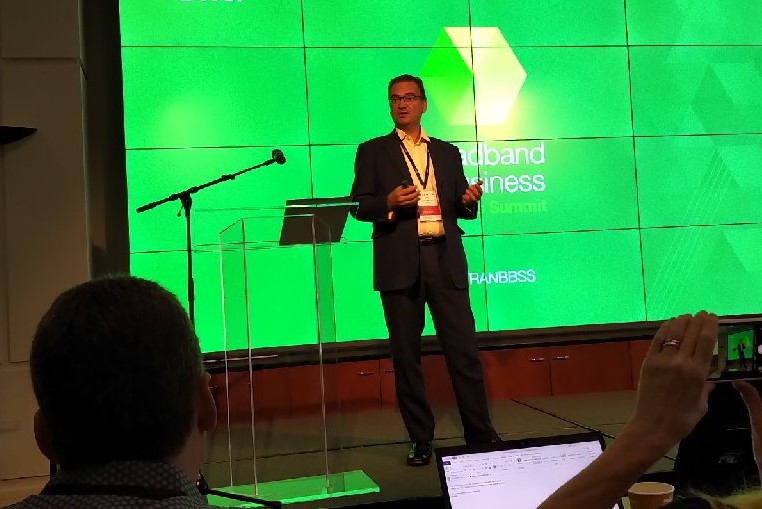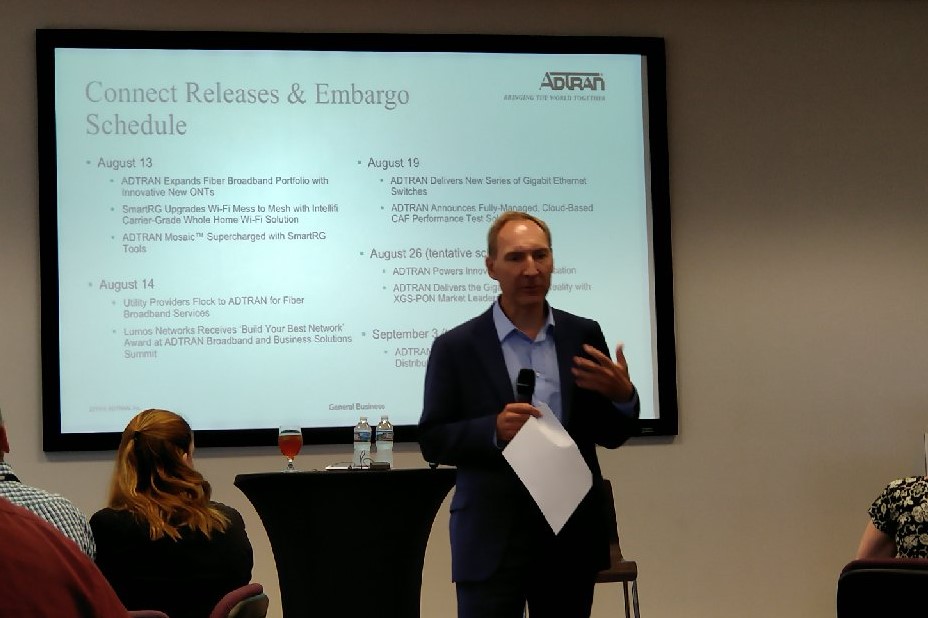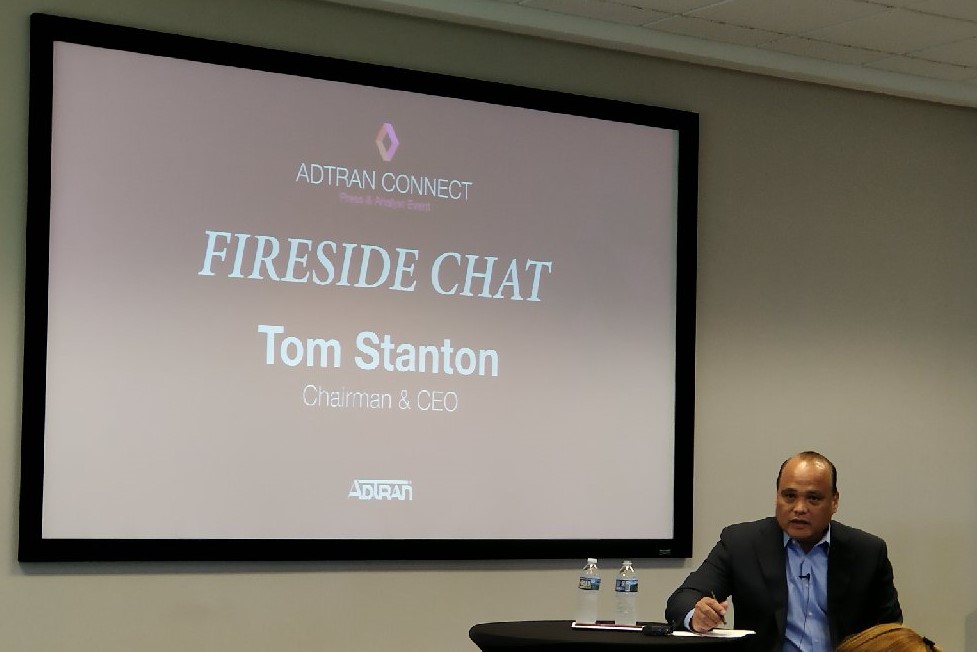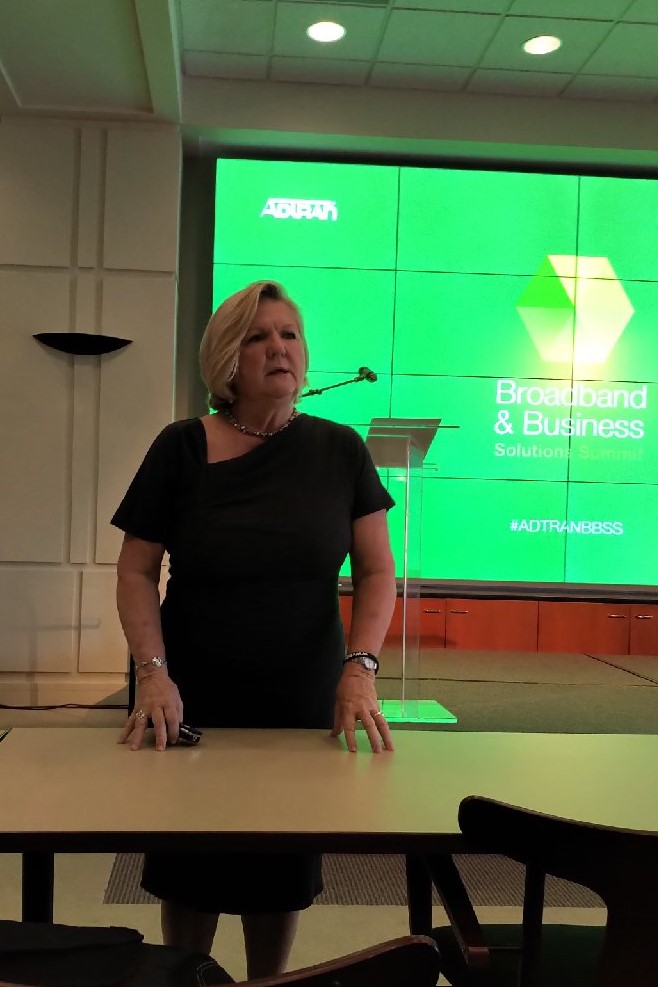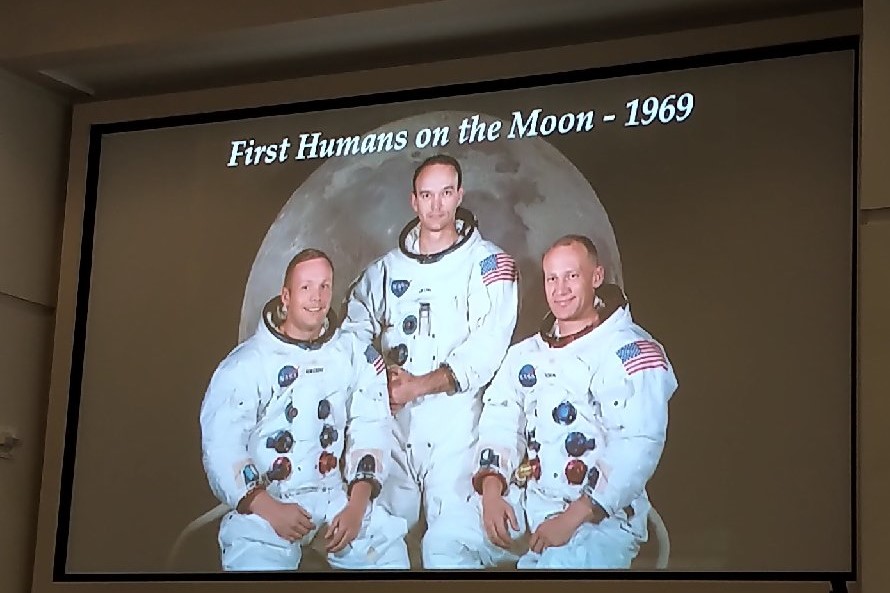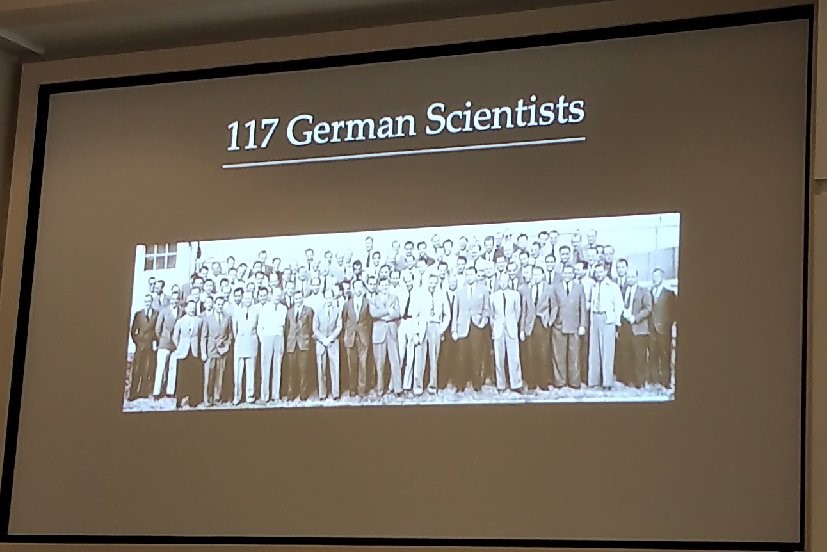It's not every day that I get to say
Toronto,
Dell and
Harvard in the same sentence, but we were all in the room together earlier this week, and am doing my civic duty here.
I've been developing some good relationships recently with Dell, and the stars lined up for me on Tuesday to participate in a panel as part of a Dell Canada event here in Toronto. This was a new event for me - Power To Do More - but it included a session with analysts, press, Dell Canada customers, and most notably Prof. David Ricketts from Harvard.
For background, Dell sponsored the 2015 Strategic Innovation Summit, which was convened by Harvard, with Dr. Rickerts serving as the summit's General Chair. Briefly, the summit focused on harnessing the forces of change - mostly tech-related of course - to drive the "innovation-based economy" of tomorrow.
Lots of good insights came out of this summit, and Dr. Ricketts was on hand to discuss them in a group setting. The newsworthy highlight came in the form a list of top 50 global cities that the research deemed as being most "future ready". I'm not going to break down the methodology or full listing here, but you can get all the key takeaways in the
press release issued by Dell Canada in support of this event.
I find this research fascinating, and Toronto certainly comes out looking good, ranking at #11. We all love to shout "we're #1", but San Jose has a lock on that spot, and #11 is not too shabby. I'm not alone among Toronotians who can effortlessly spout all our shortcomings, but as liveable cities go, TO is pretty hard to beat.
Given that I also wear a smart grid/smart cities hat, I'd be remiss if I didn't give a hat tip as well to Austin, which came in even higher in the global rankings at #7. Having just served as the Community Advocate for last month's Energy Thought Summit in Austin, I can tell you first hand this is an up and coming city - looks like the next San Francisco to me - and they are doing some very cool and smart things, especially in the energy space. For a taste of that,
here's my blog post with some highlights from ETS16, and for our broader thought leadership on energysmart cities - including mine - feel free to
check out the News tab here.
Coming back to Dell/Harvard, what the research is really focused on is the extent to which leading cities have the right mix of attributes to sustain economic growth, and the authors break this down into three core dimensions - human capital, infrastructure and commerce.
There's lots more to explore here, but for now I'm just doing a shout-out to share TO's good news. As well, kudos to Dell for sponsoring this research, and as I get more involved with their IoT practice, I'll have to more to say about what cities need to do to be globally competitive, as well as how best to use technology to help make that happen.
